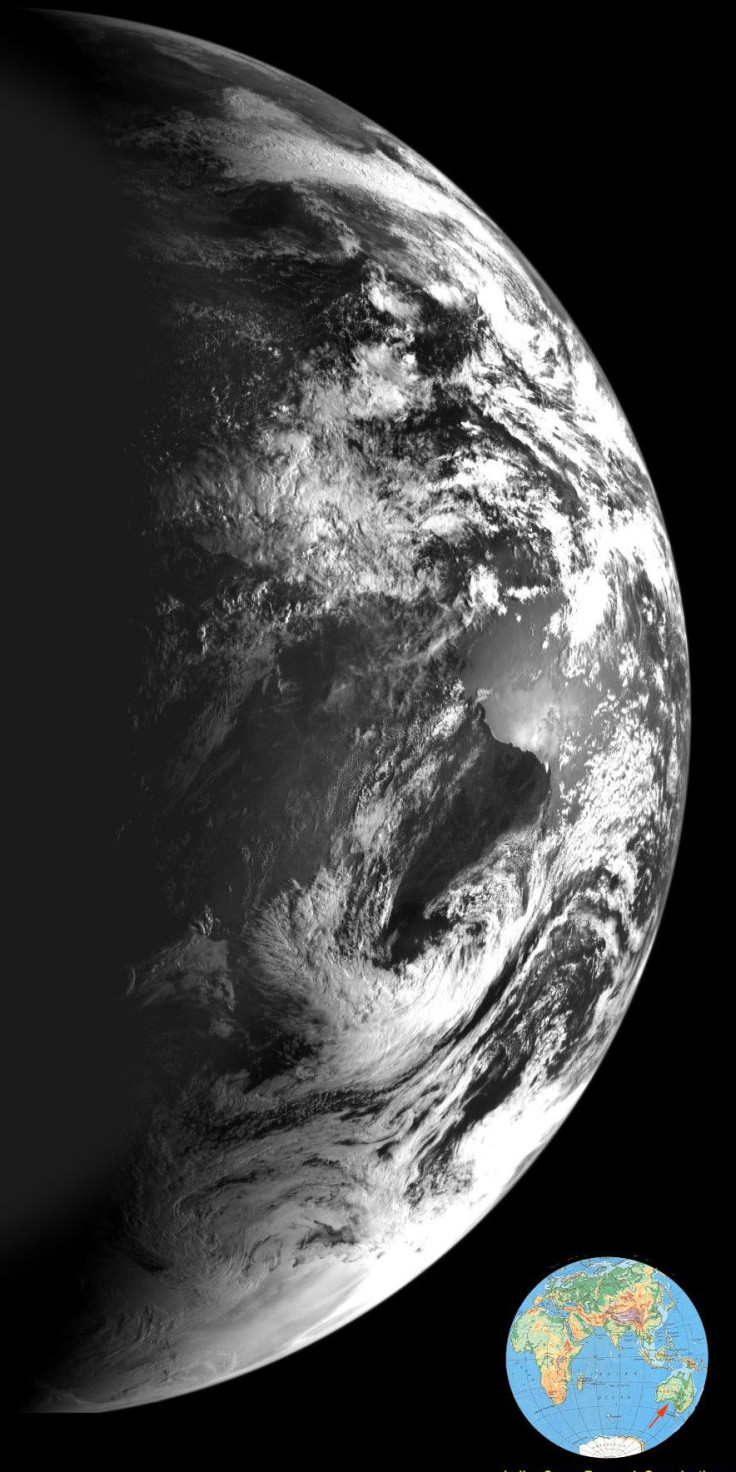Earth Is Vibrating Less Due To COVID-19 Lockdowns, Study Reveals
KEY POINTS
- Earth has become quieter due to the COVID-19 lockdowns
- A study revealed that Earth's seismic noise dropped by 50%
- Noise generated by humans can drown out seismic activity
A new study revealed that the seismic noise or global hum generated by human activities on Earth has significantly decreased due to the community lockdowns imposed by many governments in response to the coronavirus pandemic.
The researchers conducted the study by analyzing the data collected by over 200 seismic monitors. Their findings were presented in a new paper published in the journal Science.
As noted in the study, the various human activities happening around the world contribute to the production of high-frequency seismic noise. This generates a constant vibration or hum that can be detected by seismic monitors, which are normally used to study earthquakes and volcanic activity.
In the past couple of months, the social and public activities of humans were significantly reduced due to the lockdowns and other safety measures implemented by governments to prevent the spread of COVID-19. According to the researchers, the lockdowns reduced the seismic noise produced by humans by about 50%.
The researchers made the discovery after analyzing the data collected by 268 seismic monitoring stations in 117 counties. They focused on the data gathered during the months when the lockdowns were implemented.
The researchers explained that the findings of their study highlight the impact of human activities on Earth.
“This quiet period is likely the longest and largest dampening of human-caused seismic noise since we started monitoring the Earth in detail using vast monitoring networks of seismometers,” seismologist Stephen Hicks, one of the co-authors of the study, said in a statement.
“Our study uniquely highlights just how much human activities impact the solid Earth, and could let us see more clearly than ever what differentiates human and natural noise,” he added.
The study’s lead author Thomas Lecocq of the Royal Observatory of Belgium noted that now that Earth is quieter, seismologists will have an easier time differentiating seismic noise made by ground movement and volcanic activity from human-generated vibrations.
The researcher believes that traces of seismic activity will no longer be drowned out by the noise generated by densely populated regions.
“With increasing urbanization and growing global populations, more people will be living in geologically hazardous areas,” Lecocq explained. “It will therefore become more important than ever to differentiate between natural and human-caused noise so that we can 'listen in' and better monitor the ground movements beneath our feet. This study could help to kick-start this new field of study.”

© Copyright IBTimes 2024. All rights reserved.





















